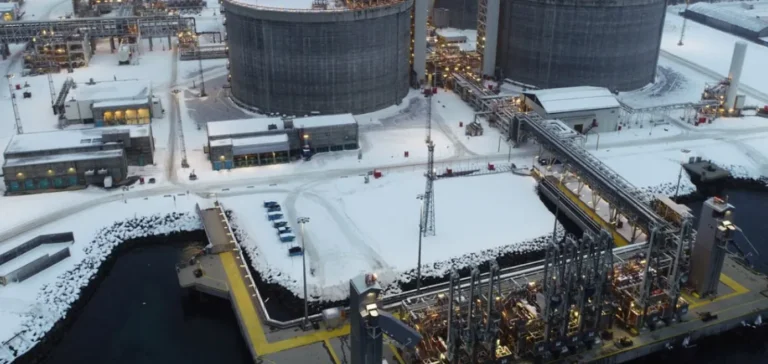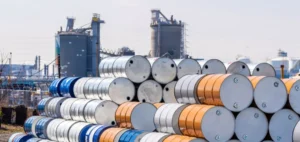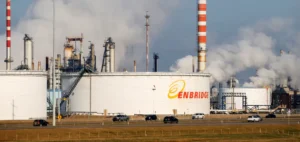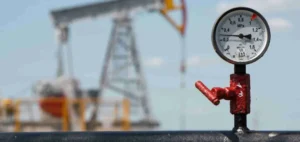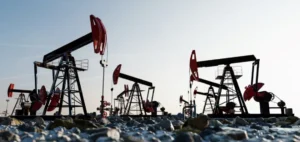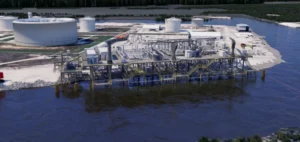A new survey conducted by the Kantar institute reveals a notable increase in support for hydrocarbon exploration in Norway. According to this annual barometer, based on interviews with over two thousand people, 62% of respondents are in favour of continuing oil and gas exploration at the current level. This figure marks a steady rise since 2019, when support stood at 54%. The trend continues as the thirtieth United Nations Climate Change Conference takes place in Brazil.
Support shaped by gender and education
The findings highlight significant disparities across demographic groups. Men show considerably higher support for exploration, with an approval rate of 71%, compared to 54% among women. The barometer also indicates stronger backing among individuals aged 45 and above, as well as those with lower education levels. However, even among the most educated respondents, 57% express support for continued exploration.
International recommendations contrast with public opinion
This shift in public sentiment comes despite repeated calls from international institutions to curb new exploration. Since 2021, the International Energy Agency (IEA) has recommended a halt to all new oil projects to keep global temperature increases under 1.5°C. In a legal advisory issued in July, the International Court of Justice (ICJ) stated that issuing exploration permits may constitute an internationally wrongful act attributable to the state. These positions appear to have limited influence on national perceptions.
An industry at the heart of Norway’s economy
Norway remains the leading producer of oil and natural gas in Europe outside Russia, a role that directly affects state revenue. Hydrocarbons continue to fund one of the world’s largest sovereign wealth funds, reinforcing their place in the country’s economic structure. The barometer’s results suggest this economic centrality contributes to the majority public support for continued exploration activities.


